Blog
Unlocking Excellence: Quality at the Core
-
Compliance Audit Software in QMS – Benefits, Features, and Best Practices
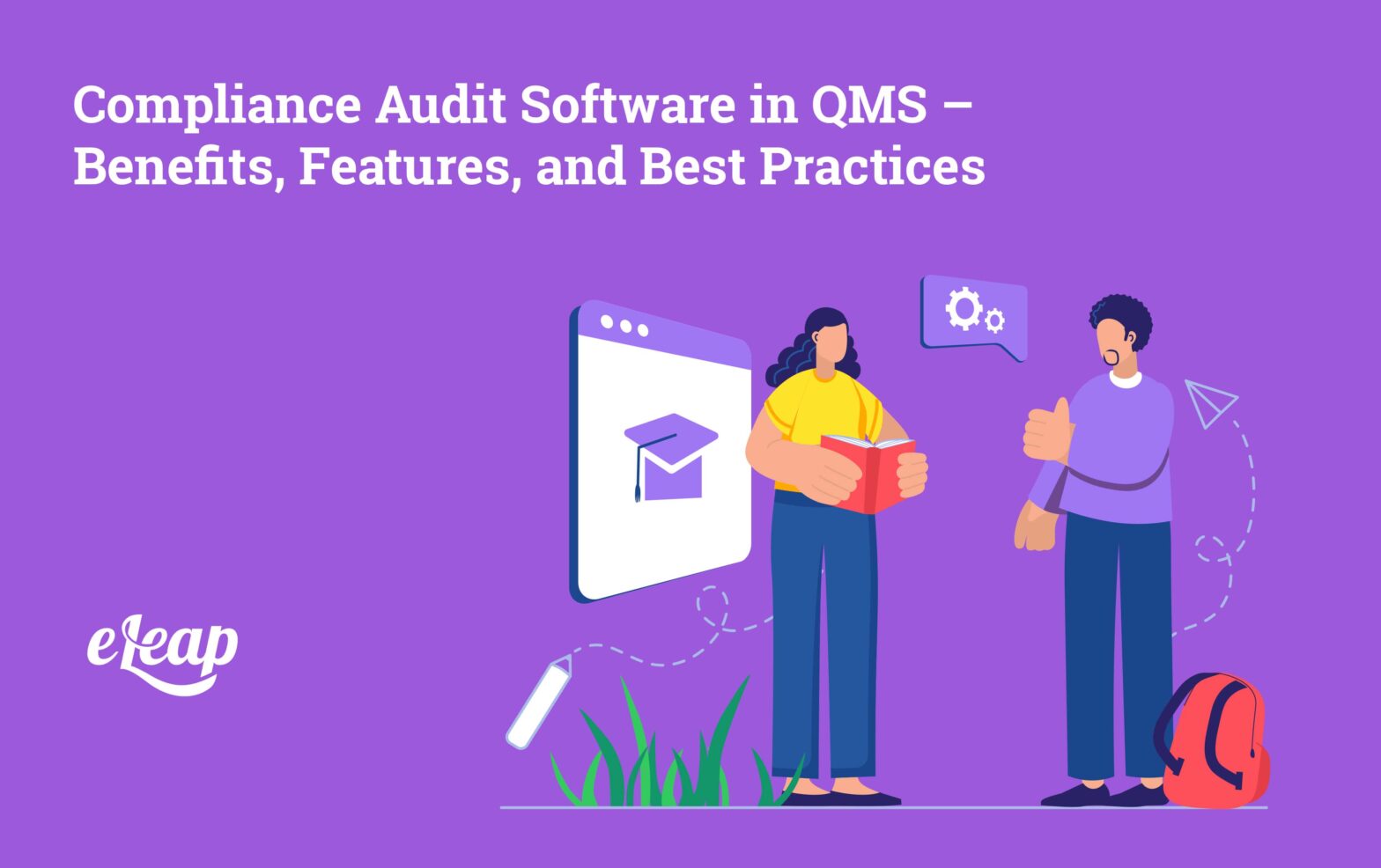
Manual auditing methods consistently fail to meet the demands of complex regulatory frameworks like ISO 9001, ISO 13485, FDA 21 CFR Part 11, and GxP guidelines, leaving organizations exposed to costly compliance risks. Compliance audit software transforms this challenge by automating workflows, ensuring complete traceability, and integrating seamlessly with document control and CAPA systems within […]
-
Audit Software in QMS: Streamlining Compliance and Driving Continuous Improvement
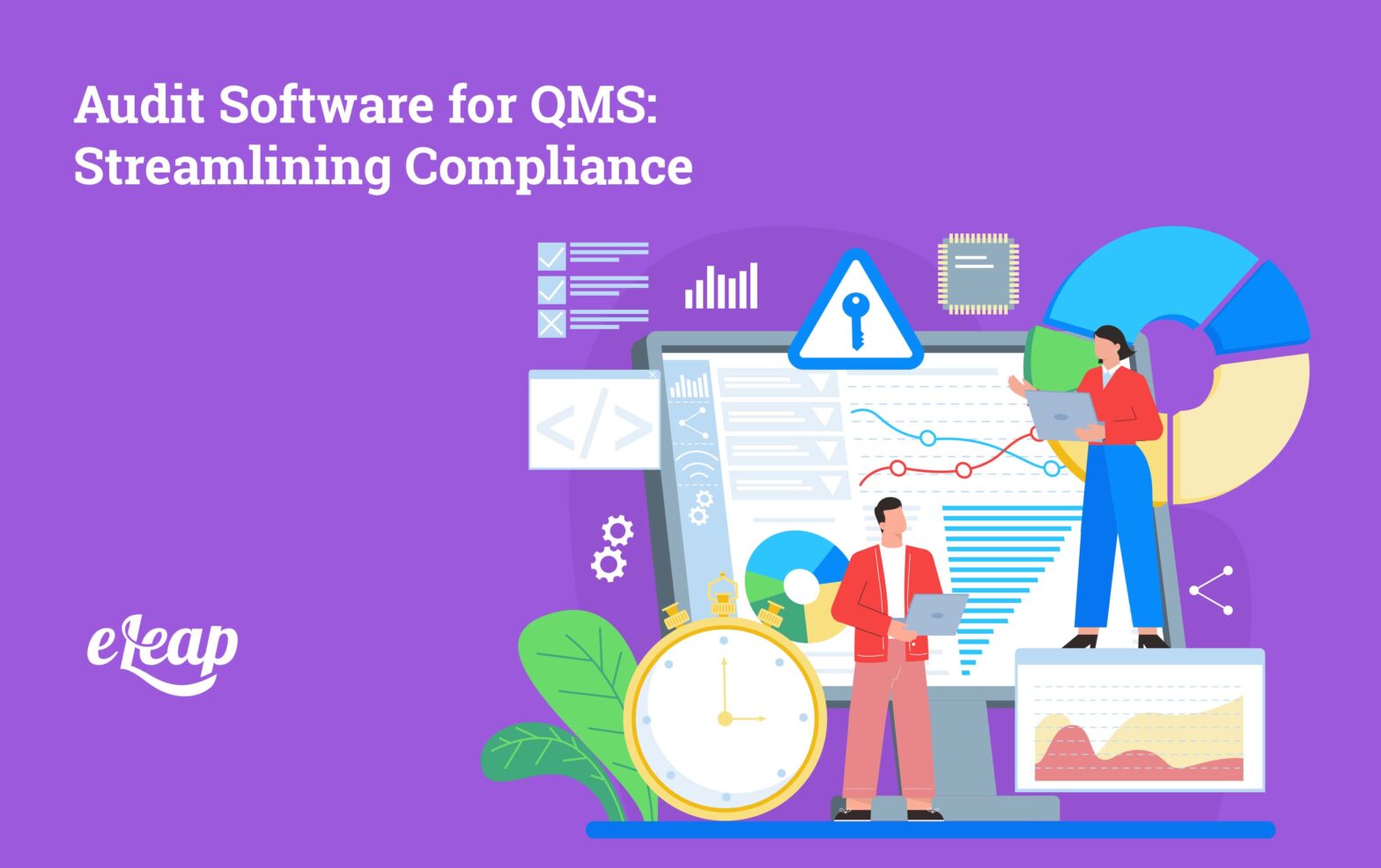
Quality Management Systems require rigorous oversight to maintain standards and meet regulatory requirements. Audit software has transformed how organizations approach QMS compliance, replacing manual processes with automated solutions that reduce errors while improving efficiency. Traditional paper-based checklists and spreadsheet tracking often lead to compliance gaps, making audit software essential for modern quality management. What Is […]
-
Quality Management System in Pharma: Complete 2026 Guide
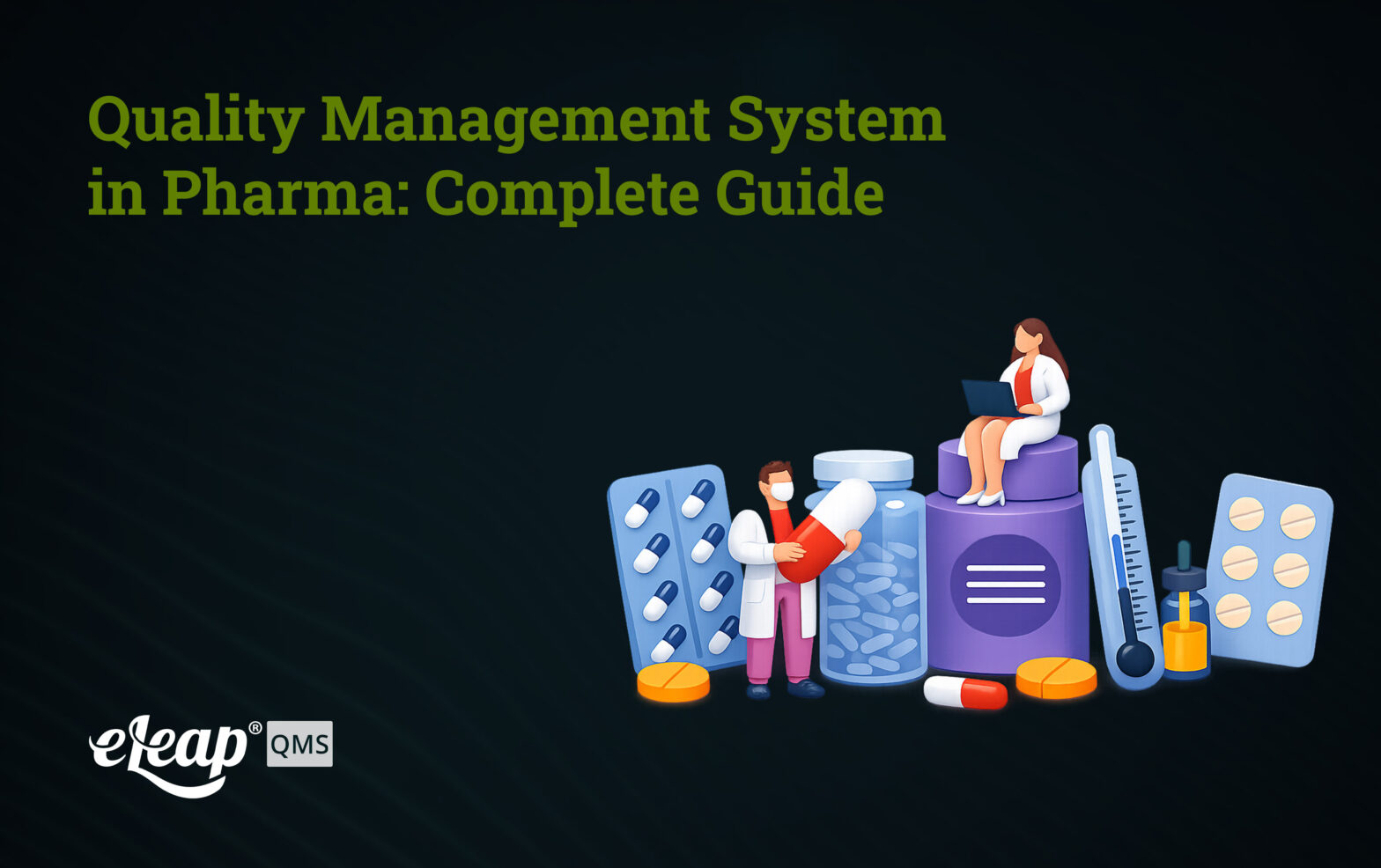
Pharmaceutical manufacturing operates under the most rigorous quality requirements in any industry. A single quality failure can endanger patient safety, trigger costly recalls, result in regulatory penalties, and destroy a brand reputation built over decades. Every company involved in manufacturing, testing, packaging, and distributing medicinal products must implement a robust Quality Management System in Pharma […]
-
Arrow Diagrams in QMS: Complete Guide

Quality Management Systems require precise visualization tools to map complex processes, identify critical dependencies, and ensure seamless workflow execution. Arrow diagrams—also known as activity network diagrams or activity-on-arrow (AOA) methods—serve as robust scheduling and sequencing tools that transform abstract quality processes into clear, actionable visual roadmaps. Arrow diagrams excel at revealing the intricate relationships between […]
-
Advanced Product Quality Planning (APQP): The Complete Guide for Quality Professionals

Advanced Product Quality Planning (APQP) is a structured methodology developed by the “Big Three” automotive manufacturers—Ford, General Motors, and Chrysler—designed to ensure that product quality meets or exceeds customer expectations. This Advanced Product Quality Planning framework has evolved beyond its automotive roots and has become a foundational tool across aerospace, medical devices, electronics, and renewable […]
-
Acceptance Quality Limit Guide for Quality Professionals

Acceptance Quality Limit (AQL) represents the maximum number of defective items considered acceptable in a random sample of a production lot. This statistical quality control method helps organizations balance quality control costs with acceptable risk thresholds while maintaining compliance with international standards like ISO 2859-1 and ANSI/ASQ Z1.4. Quality professionals across electronics, apparel, medical devices, […]
-
How MES Software Supports ISO 9001 Compliance
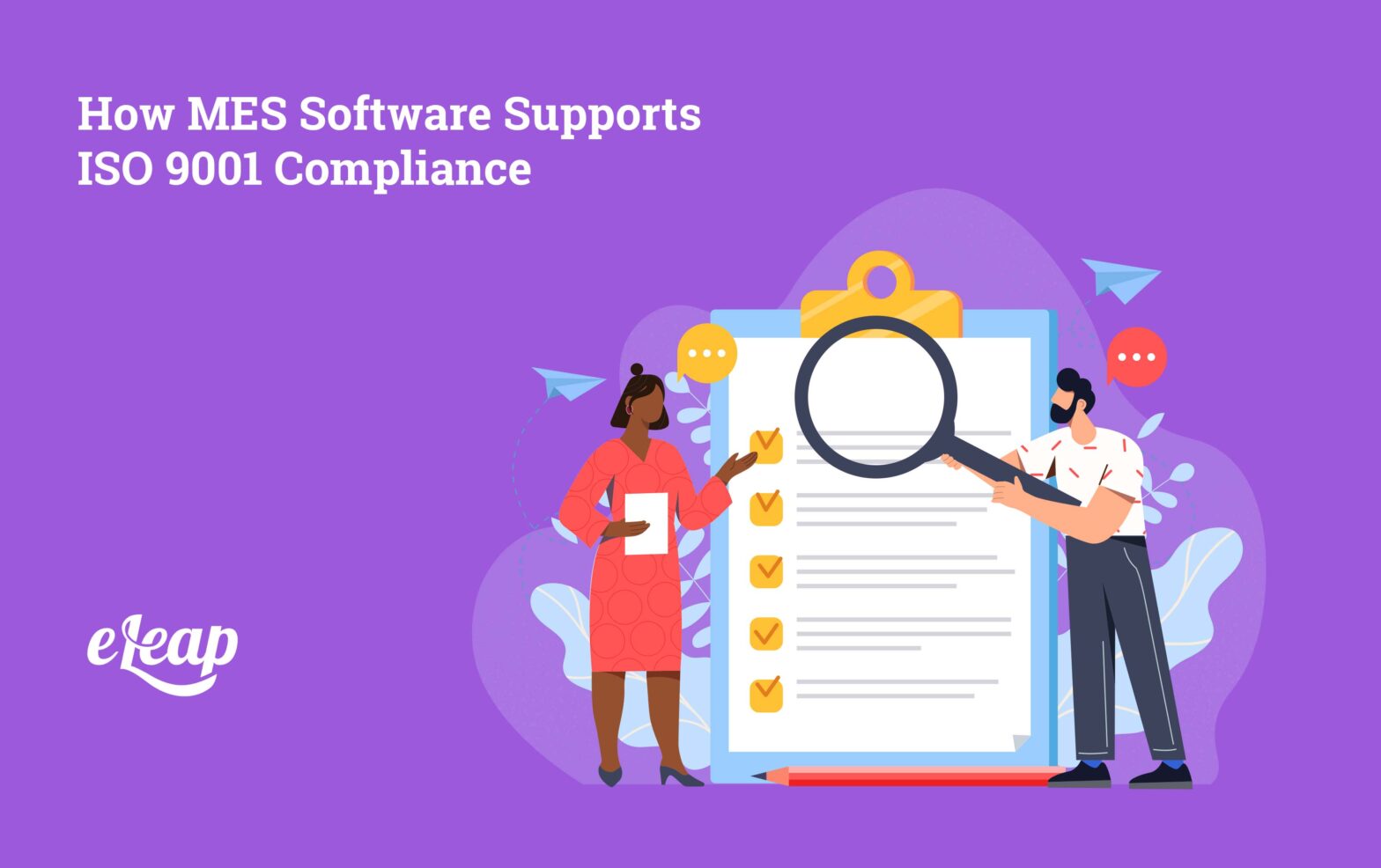
The MES software serves as the operational backbone that bridges enterprise planning systems with shop floor operations. Creating a robust foundation for ISO 9001 quality management system compliance. Manufacturing companies implementing ISO 9001 discover that MES software naturally aligns with core quality management principles. While providing the real-time visibility and control essential for maintaining consistent […]
-
Electronic QMS: The Complete Implementation Guide

Quality management has transformed from paper-based documentation systems to sophisticated Electronic QMS platforms that integrate advanced methodologies like Acceptance Quality Limit (AQL) sampling, statistical process control, and risk-based decision making. An Electronic QMS represents far more than digitizing existing processes—it creates comprehensive quality ecosystems that support regulatory compliance while driving operational excellence. This comprehensive Electronic […]
-
Maintaining Compliance in Quality Management Systems (QMS): A Complete Guide
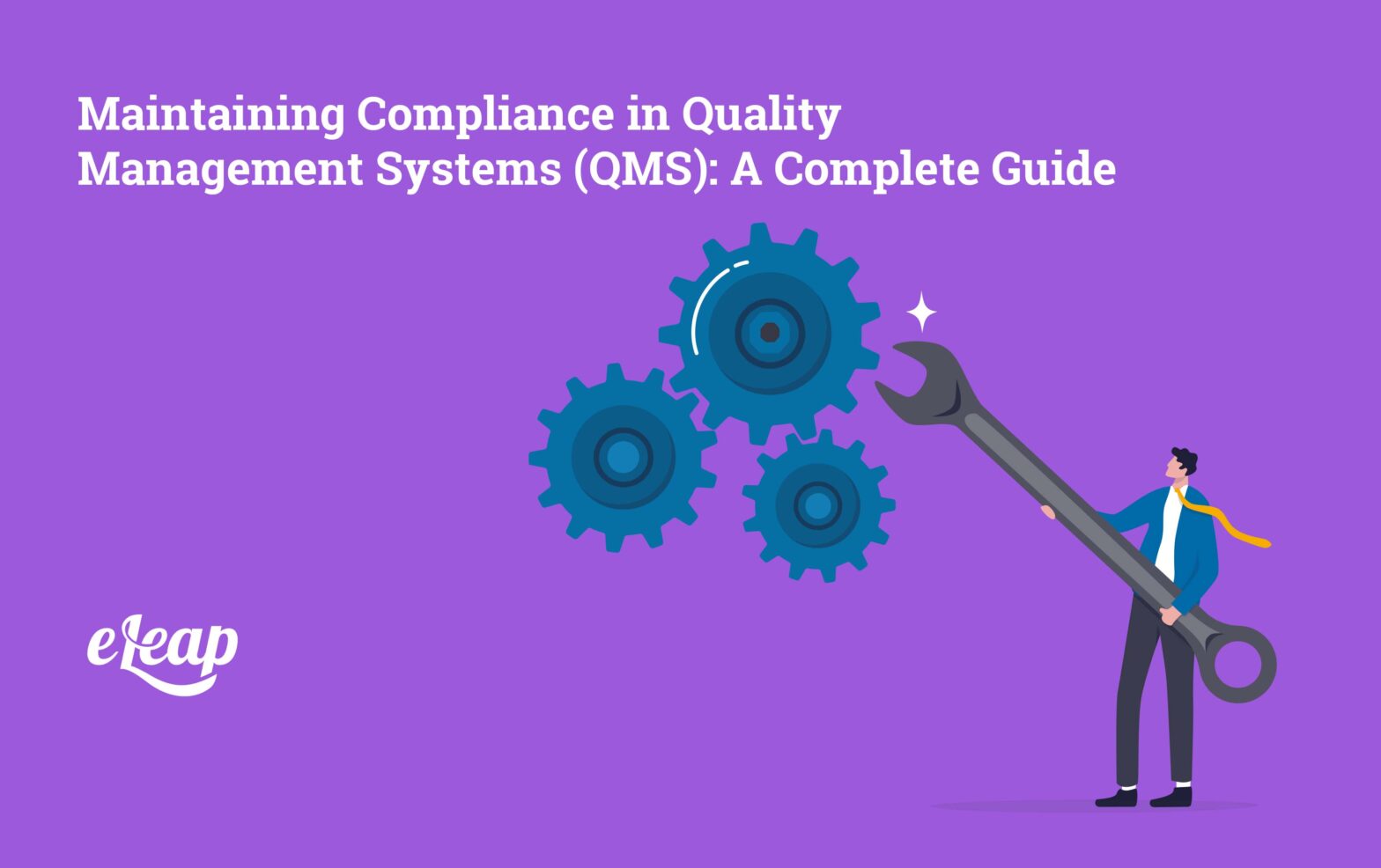
Quality Management System compliance determines organizational success across regulated industries. For companies operating in healthcare, pharmaceuticals, aerospace, and manufacturing sectors, maintaining compliance serves as the foundation for operational excellence, risk mitigation, and regulatory adherence. Non-compliance consequences extend beyond financial penalties to include legal liabilities, operational shutdowns, and irreparable damage to market reputation. Maintaining compliance requires […]
-
Manufacturing Execution System (MES): The Backbone of Quality-Driven Manufacturing

A Manufacturing Execution System (MES) transforms how manufacturers approach quality management by creating a direct bridge between production planning and shop floor execution. This sophisticated software solution captures, monitors, and controls every aspect of the manufacturing process, establishing itself as the cornerstone of quality-driven operations across industries worldwide. Manufacturing Execution Systems operate where traditional Enterprise […]
Search articles by...
Find your way around our blog by searching using a keyword or a group of keywords or by choosing a tag.